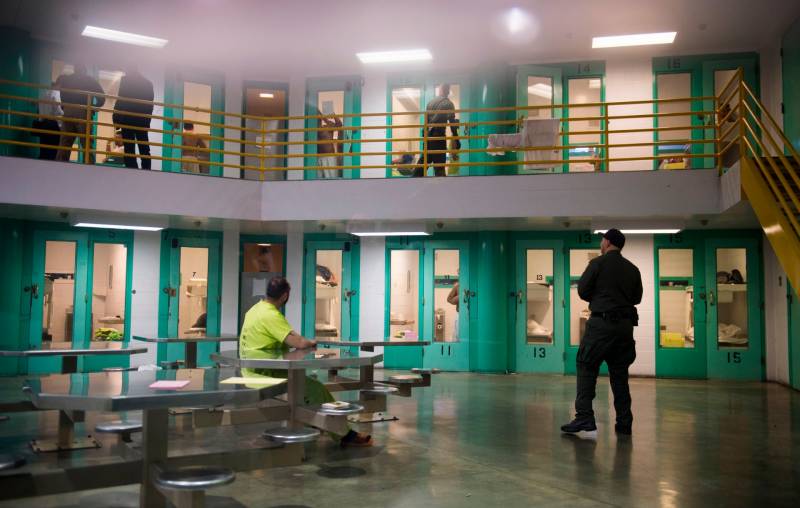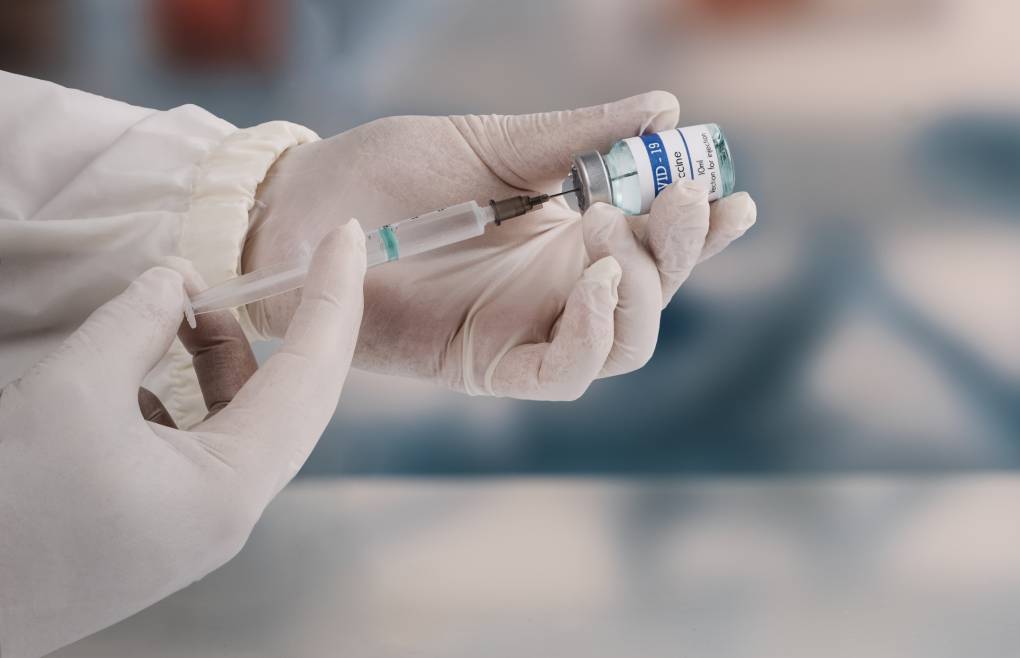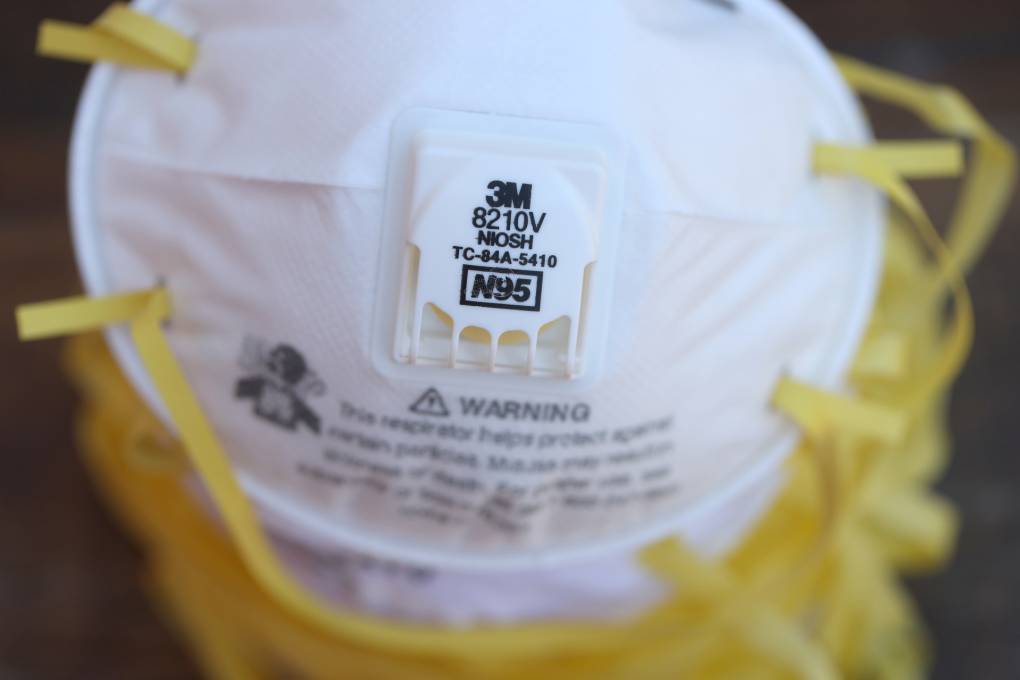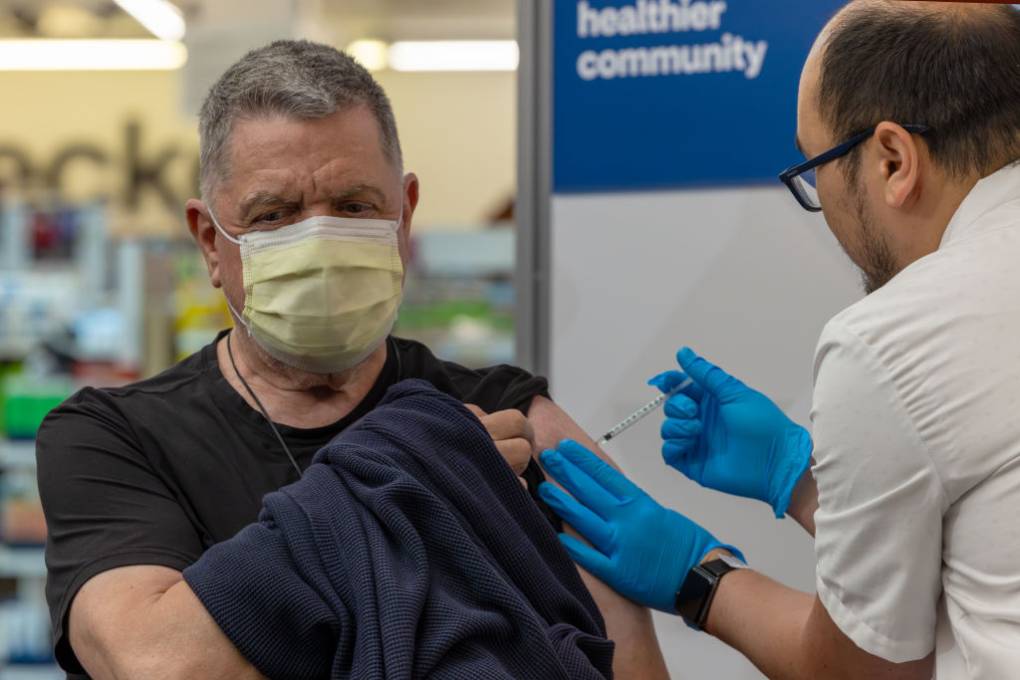Federal judges on Saturday refused on procedural grounds to order California to free thousands of prisoners to ease crowded conditions that attorneys representing inmates likened to a “tinderbox” ready to ignite with the rapid spread of the coronavirus.
But the three judges invited inmates’ attorneys to file a new motion with either or both of two individual judges who oversee major class action lawsuits over inmate medical and mental health care. Both judges are members of the three-judge panel, which also includes a federal appellate judge.
The judges virtually laid out a pathway for the inmates’ attorneys to seek help from the individual judges, and perhaps come back to the special panel after they lay the proper groundwork.
The special panel said it had no authority to address the coronavirus because it was convened 13 years ago to consider a different issue: whether general overcrowding was causing inhumane conditions.
“We take no satisfaction in turning away Plaintiffs’ motion without reaching the important question of whether Defendants have implemented constitutionally adequate measures to protect the inmates of California’s prisons from the serious threat posed by this unparalleled pandemic,” wrote two of the three judges. “But we are bound by (federal law) to reach this conclusion.”
The third judge, U.S. District Judge Kimberly Mueller of Sacramento, agreed on legal grounds but said she thought the special panel may ultimately retain its power to order inmates released “in light of the unprecedented exigent circumstances.”
Don Specter, one of the attorneys representing inmates, said they “will be refiling the motion before the single district court judges as soon as possible.”
California Department of Corrections and Rehabilitation spokeswoman Dana Simas said the state “has taken significant steps to address the safety and well-being of inmates and staff during the COVID-19 pandemic.”
Gov. Gavin Newsom’s administration already temporarily blocked the transfers of new inmates into prisons and ordered the early release within days of nonviolent inmates who had been scheduled for parole within the next two months. Those moves are expected to lower the population by as many as 6,500 inmates within 30 days.
Those steps are not enough to give inmates double-bunked in crowded dormitories the room they need to stay separated by at least 6 feet like the rest of the state’s population, said Specter, director of the nonprofit Prison Law Office. That means inmates will rapidly spread the coronavirus among themselves and, through prison employees, into the community at large, he argued.





